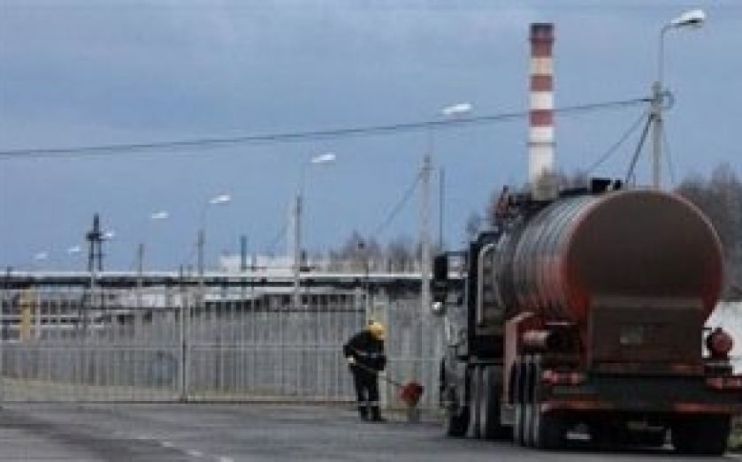Rosneft’s quarterly profits rise to $4bn as Russian state energy giant hikes output

The first-quarter net profit of Russia’s largest oil producer Rosneft rose by 45.5 per cent from the previous three months to 323bn roubles ($4bn) on the back of rising output – exceeding expectations.
Rosneft, headed by Igor Sechin, a long-standing ally of President Vladimir Putin, has shown resilience in the face of Western sanctions by redirecting its oil flows from Europe to Asia amid a wider political fallout.
The company’s shares rose in morning trade by about 1.4 per cent, outperforming Moscow’s stock market.
Sechin said the company’s operations would be further impacted by Russia’s decision to reduce its oil output by 500,000 barrels per day, or about five per cent, in order to bolster global oil markets.
“While the cut did not have much influence in the first quarter results, it will have a strong impact on the results of the following quarter,” he said in a statement.
Rosneft also said its core profit (EBITDA) increased in January-March to 672bn roubles, up 25.1 per cent from the previous three months, while revenue edged down 1.1 per cent to 1.823tn roubles.
Analysts, polled by the Interfax news agency, had expected Rosneft’s first-quarter net income at 236bn roubles, EBITDA of 567bn roubles and revenue of 1.797tn roubles.
The company said that its oil and gas production in the first quarter increased by 0.8 per cent from October-December to more than 4 million barrels per day.
Rosneft’s profit was boosted by rising oil sales to India and other destinations outside Europe.
The Sakhalin-1 oil project in Russia’s Pacific also contributed to Rosneft’s production after it bounced back to its plateau level of about 200,000 barrels per day (bpd) from zero.
Rosneft said on Wednesday that Sakhalin-1 production jumped by 1.8 times quarter on quarter. Production on the Pacific island had plummeted after ExxonMobil, withdrew from Russia and the project last year.
“I should note that the downtime following the exit of the former project operator, American company ExxonMobil, had a negative impact on the technical conditions of field development,” Sechin said.
Reuters – Vladimir Soldatkin
